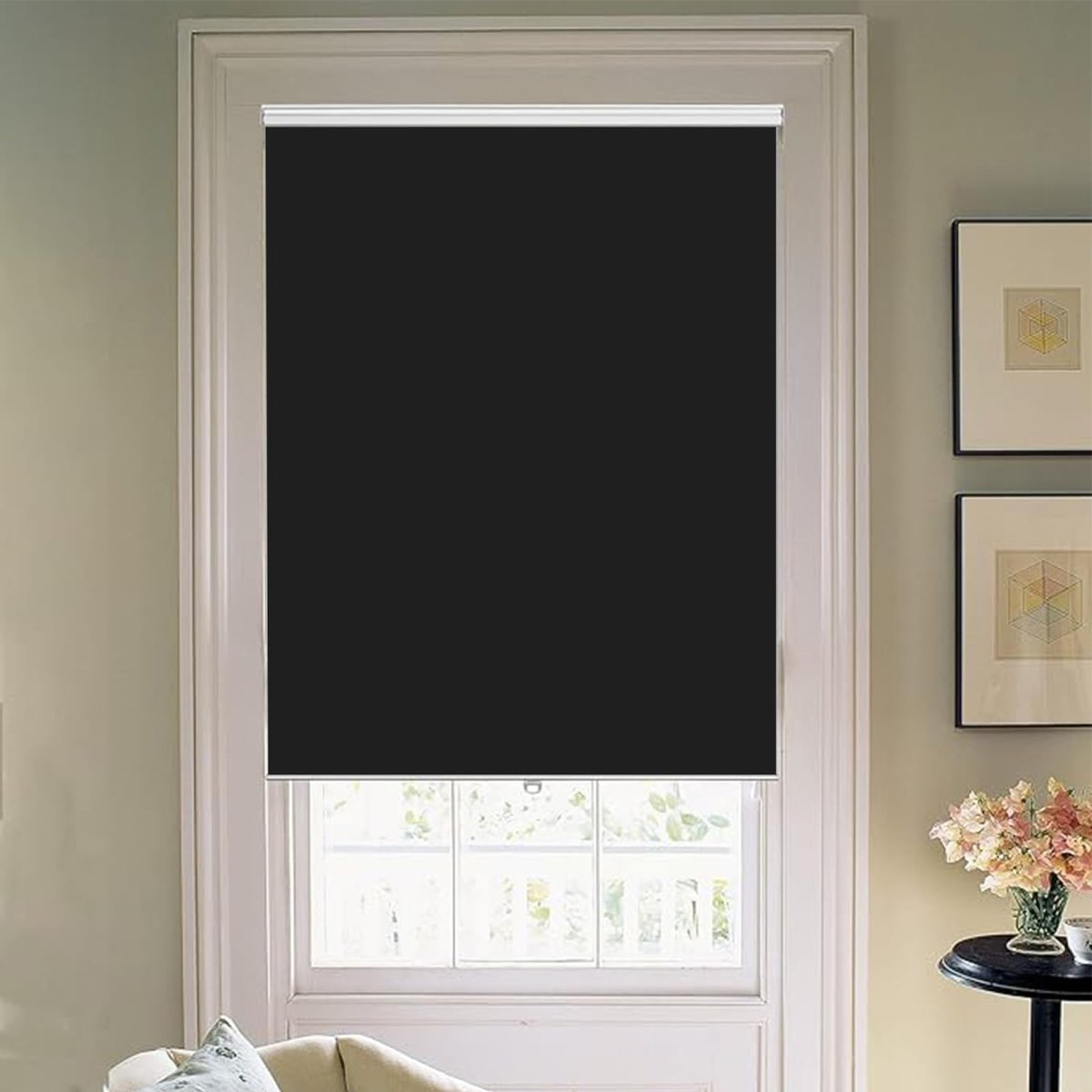Transform Your Space: Discover the Ultimate Guide to Stunning Curtains and Blinds!
Curtains and blinds are more than just functional elements in your home; they play a crucial role in defining the ambiance and style of your space. Whether you’re looking to create a cozy retreat, enhance privacy, or simply add a splash of color, the right window treatments can make a remarkable difference. This guide aims to help you explore various options available in the market, understand the pricing structures, and identify where you can purchase these essential home decor items. By the end, you’ll be equipped with the knowledge to make informed choices tailored to your needs.

Understanding Curtains and Blinds
Curtains are typically made from fabric and hang freely from a rod, providing an elegant touch to any room. They come in various materials, including cotton, silk, and polyester, each offering unique aesthetics and functionalities. Blinds, on the other hand, are usually constructed from slats of wood, metal, or plastic, and can be adjusted to control light and privacy. The primary difference between the two lies in their design and functionality; while curtains can add softness and warmth to a room, blinds offer more precise light control and a sleek, modern look. Depending on your preferences, you might choose curtains for their decorative appeal or blinds for their practicality, or even incorporate both for a layered effect.
Factors to Consider When Choosing Curtains and Blinds
When deciding on curtains or blinds, several key factors should guide your choice. First, consider the level of light control you desire. For rooms where you want to block out light completely, blackout curtains or heavy blinds may be the best option. Privacy is another crucial factor; sheer curtains might be lovely for letting in natural light during the day, but you’ll want something more opaque for nighttime. Insulation is also worth considering, especially in rooms that experience extreme temperatures. Thick curtains can keep warmth inside during winter, while blinds can help regulate heat in the summer. Additionally, think about aesthetics—what colors and patterns will complement your existing decor? Remember that different rooms may require different treatments based on their function and exposure to sunlight.
Price Ranges and Budgeting for Curtains and Blinds
The price of curtains and blinds can vary widely depending on factors such as material, size, and design. Generally, basic options can be found at lower price points, while custom-made or high-end materials will elevate the cost significantly. For curtains, simple cotton panels might start at a budget-friendly price, while luxurious silk drapes could be much more expensive. Blinds can range from economical vinyl options to premium wood or motorized designs. To budget effectively, consider measuring your windows accurately and calculating the total area you need to cover. Also, factor in any additional costs for installation, which can vary based on the complexity of the job. With careful planning, you can find beautiful window treatments that fit your budget without sacrificing quality.
Where to Buy Curtains and Blinds
When it comes to purchasing curtains and blinds, you have several options. Online retailers are convenient, often providing a vast selection and competitive pricing. However, shopping online can make it challenging to assess the quality of the materials and colors. Local home improvement stores offer the advantage of seeing products in person, but their selection might be limited compared to online options. Specialty shops can provide expert advice and a curated selection, but they may come with a higher price tag. Each shopping method has its pros and cons, so consider visiting multiple types of stores to compare choices and prices before making a decision.
Choosing the Perfect Window Treatments
Choosing the right curtains or blinds is an essential part of home decor that can significantly enhance the aesthetics and functionality of your space. By understanding the differences between the two, considering factors like light control and insulation, budgeting wisely, and exploring various shopping avenues, you can find the perfect window treatments that meet your needs. Take your time to evaluate your options, as the right choice will not only elevate your home’s style but also improve your comfort and enjoyment in your living space.








